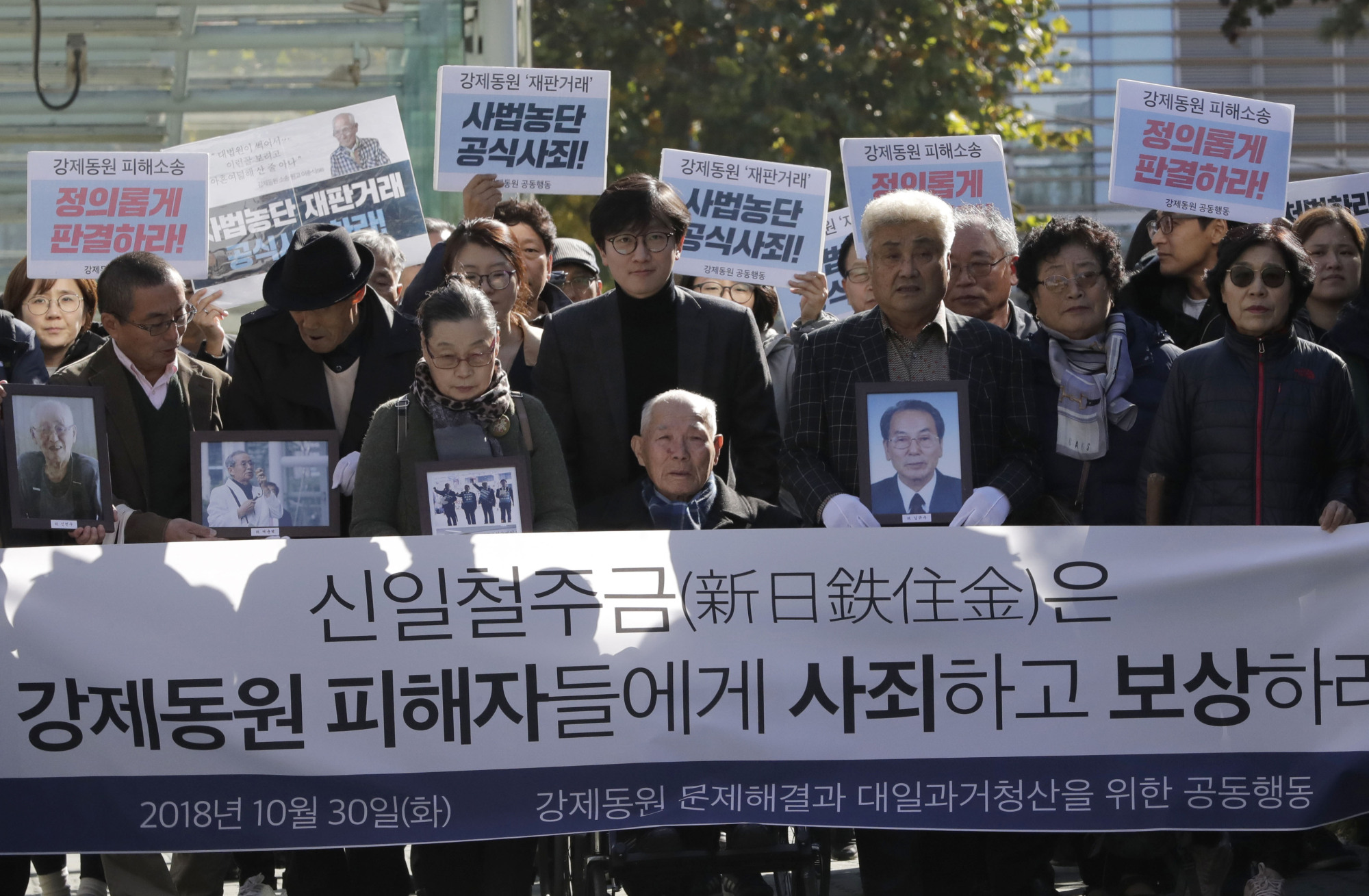Relations between Japan and South Korea have been dealt a significant blow following a ruling against the wartime forced labor of Koreans handed down by the Supreme Court of Korea on Oct. 30 last year. In response to the lawsuit brought by those commonly known by the name "conscripted factory workers," the South Korean court ruling is premised on the understanding that "Japanese colonial rule was imposed by force and as such was illegal from the outset." The court ruled that under illegal colonial rule, people who were mobilized to Japanese companies have the right to seek compensation.
Needless to say, Japan and South Korea have had disputes in the past over the various victims of colonial rule, including "comfort women." In that sense, this latest ruling in respect of conscripted factory workers is one more in a series of disputes. However, it has significance that sets it apart from that of previous decisions made by the South Korean government and courts.
The reason lies in the logic of the judgment. For if, as this ruling states, Japanese colonial rule was illegal from the outset, and therefore those mobilized under that rule have a right to seek compensation, then all acts performed by the Japanese colonial authorities at that time were illegal and every person under their rule without exception — to a greater or lesser degree — has the right to seek compensation.



















With your current subscription plan you can comment on stories. However, before writing your first comment, please create a display name in the Profile section of your subscriber account page.